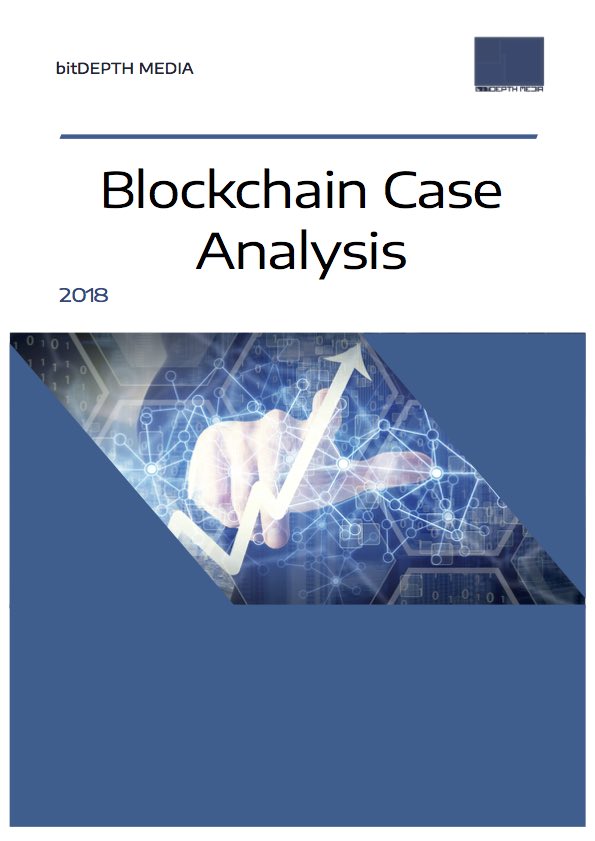As the world moves into an era of digital evolution, bitDEPTH MEDIA is focused on preparing organizations for the future and looking ahead to the challenges that await.

From supply chain management, to healthcare, finance, real estate, media, energy, insurance, payments and trade, record management, identity management, voting, taxes, NPO/NGO’s, compliance and regulation, cyber security, data management, digital storage, computer processing, automated driving, AI and more, society has had to develop an array of systems to record and track every interaction in business, government, and civil matters.
Complicating things even more, society was required to trust each system it developed to protect itself from corruption, crime, and human mistakes. As each year passes, more and more systems need to be developed, and the issues of efficiency, security, and convenience become more and more complicated. Blockchain is the solution.

Often touted as the “Internet 3.0”, for almost a decade now, blockchain technology has been proven to be the most reliable, secure, trusted, and fastest method to process and track information. Originally used as the driving force behind the digital currency Bitcoin, blockchain has far exceeded it’s original usage of tracking transactions, and is quickly maturing into the basic concept behind how all business will be done.
What Is Blockchain?
The blockchain is a set of transformative technologies, inspired by Bitcoin’s first implementation of a decentralized, cryptographically secured, trustless and tamper-proof distributed ledger, which can be successfully applied to a wide, horizontal range of needs.
Unlike traditional systems where a singular ledger or database is kept in a centralized location, accessed by one or more administers and updated when required, a blockchain is a group of linked ledgers, each connected to the last, and stored across a distributed network of computers, each computer – or node – continually checking the blockchain and confirming new data written to it, ensuring that all information is aligned with the previous data and protecting that data from any singular, or even multiple points of corruption.
A blockchain is best characterized by the following traits:
- Consensus: For a transaction to be valid, all participants must agree on its validity.
- Provenance: Participants know where the asset came from and how its ownership has changed over time.
- Immutability: No one can tamper with a recorded transaction. All transactions are visible, even errors and corrections.
- Finality: A single, shared ledger provides one place to go to determine the ownership of an asset or the completion of a transaction.

